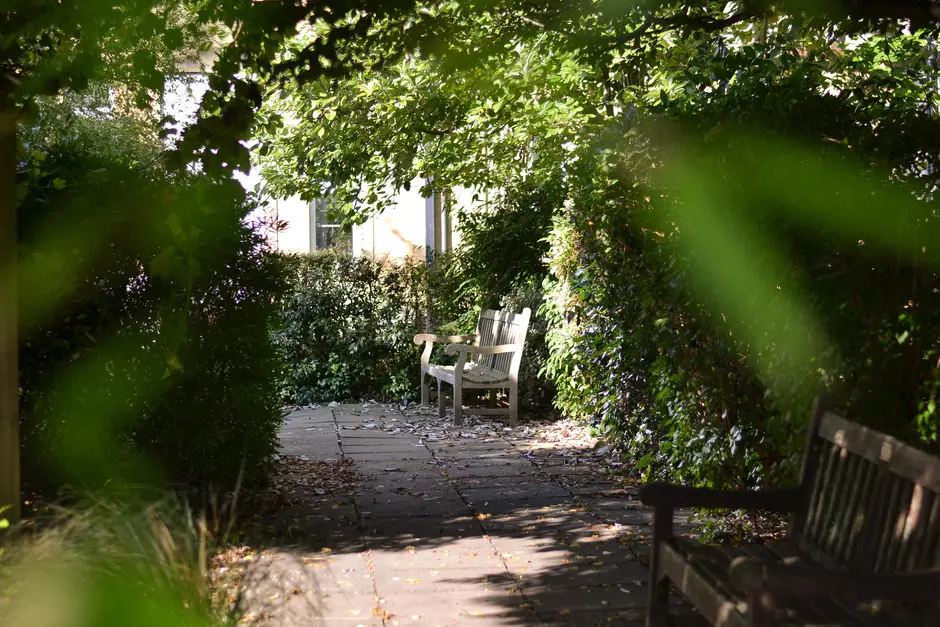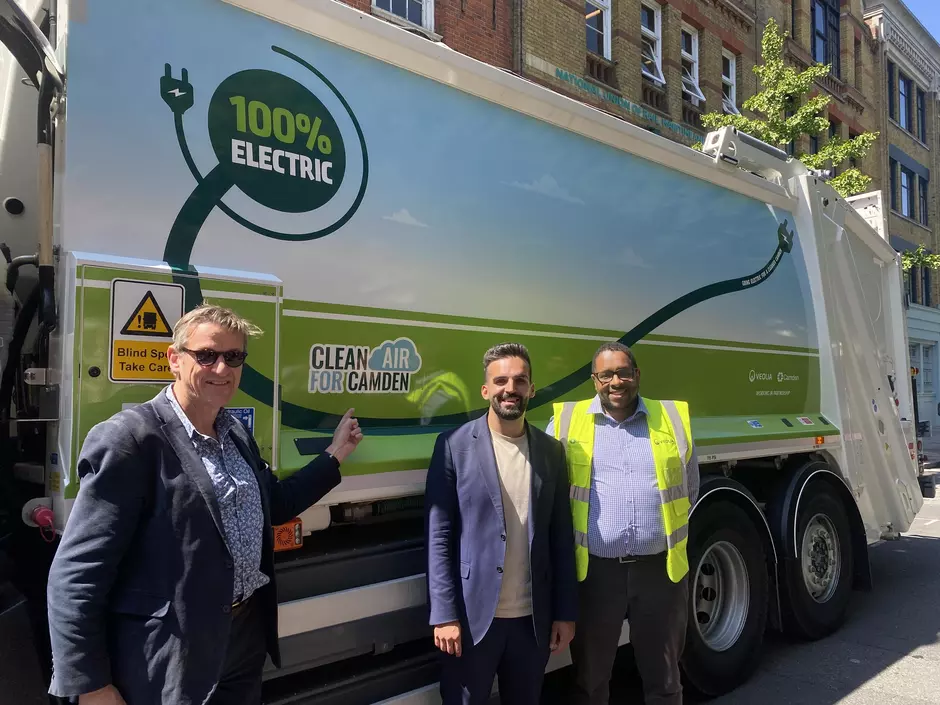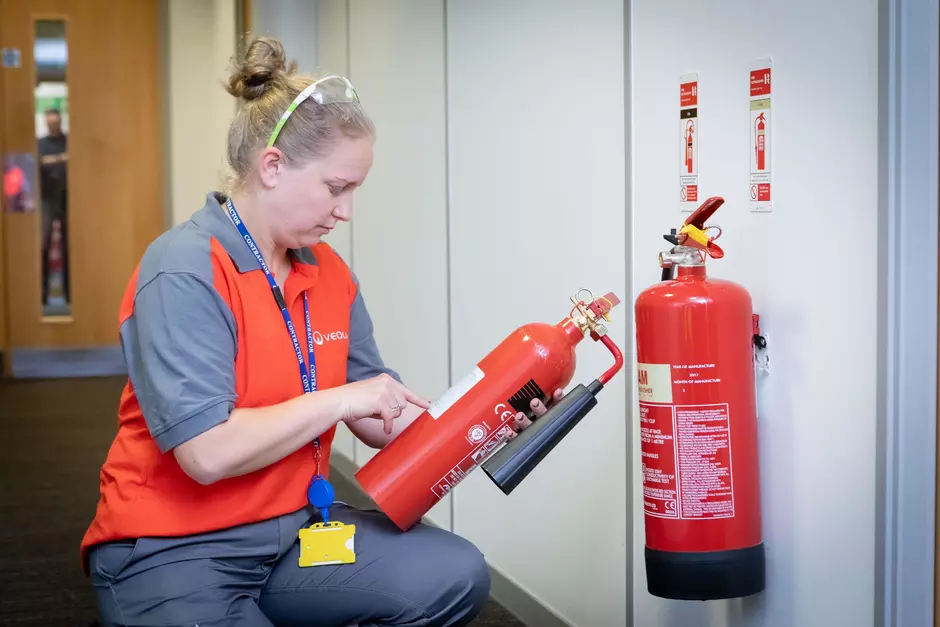> Major energy upgrades at the hospital being delivered by Veolia will save around 45,000 tonnes of carbon over the life of the contract.
> Improvements will include desteaming of the heat network, cascaded heat pumps and solar arrays funded through the Public Sector Decarbonisation Scheme.
> The upgrades have been designed using the holistic whole building approach and exceed government targets for the NHS.
> Earlier this year, Bath and North East Somerset Council approved the planning application for 2.2MW of air and water source cascade heat pumps to supply low carbon heat.
Leading resource management company, Veolia, is helping the Royal United Hospitals (RUH) Bath NHS Foundation Trust to decarbonise its Combe Park estate following the start of a major upgrade that will deliver a carbon reduction of approximately 25 percent from 2030 onwards. The project has received £21.6 million grant funding from the Public Sector Decarbonisation Scheme (PSDS), which is administered by Salix on behalf of the Government’s Department for Energy Security and Net Zero (DESNZ). The Carbon and Energy Fund (CEF) led on the development of their PSDS Salix application and procurement of the project.
The project for the district general hospital will deliver wide ranging energy and infrastructure improvements to save around 45,000 tonnes of carbon over the life of the contract. Delivered through Veolia’s strategic GreenUp plan, the upgrades have been designed using the holistic whole building approach that accounts for how facilities and the energy delivery systems interact with each other.
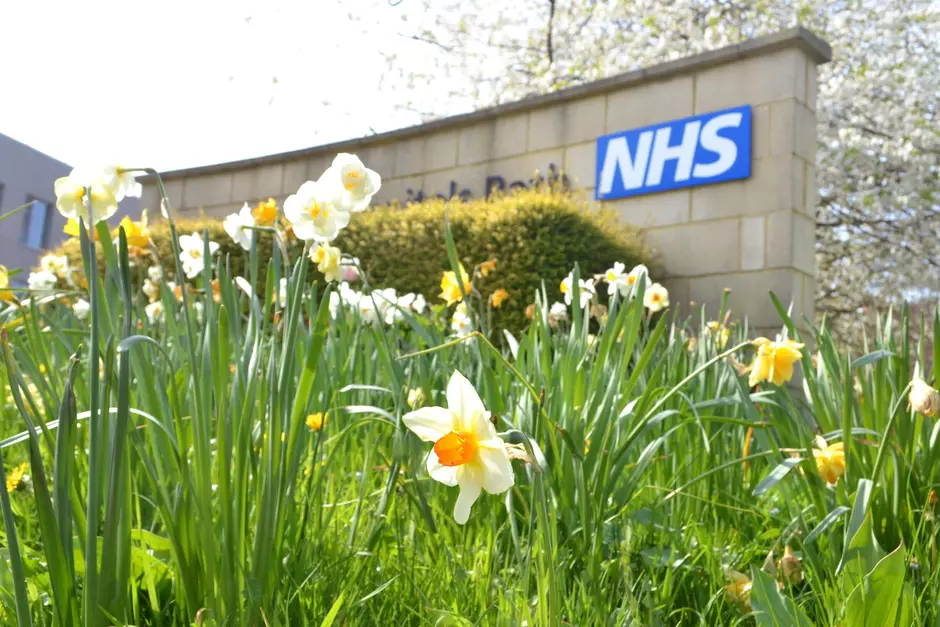
Planning applications for upgrades covering the desteaming of the majority of the heating distribution network and replacing aging infrastructure, along with the removal of the existing boiler plant and installation of a new low-carbon heating system, including 2.2MW of air and water source cascade heat pumps, was approved in February 2025. These installations have the capacity to significantly reduce carbon emissions and will be further supplemented with low-grade and high-grade heat from the existing combined heat and power plant, and continue the steam supply to the autoclaves used for sterilisation.
On site generation of renewable electricity will come from a new 300kWp solar array which will reduce the carbon impact of electricity, with potential future inclusion of battery energy storage. A new building management system will provide the essential control of all the systems and enable greater oversight and control of energy expenditure.
Other supporting works include building fabric improvements, new LED lighting, insulation, high voltage electrical infrastructure, and upgrading the on-site energy systems to extend the lifespan of existing equipment.
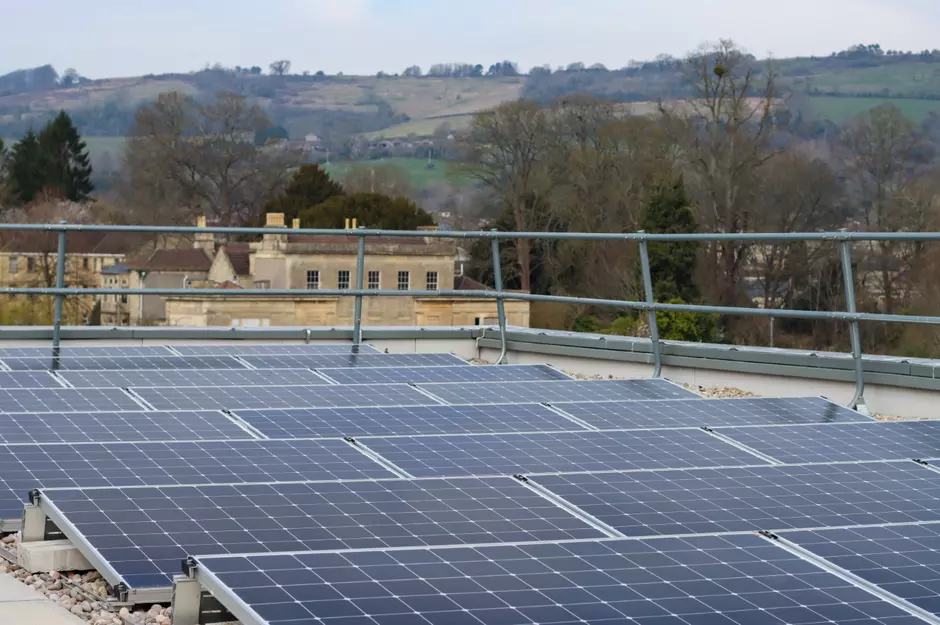
"Our work with the Royal United Hospitals Bath over the past 13 years has provided us with a unique understanding of the site. By using this experience, and our wider carbon reducing energy projects across more than a hundred NHS sites, we will be able to deliver major carbon reductions that exceed the government’s targets, making it future proof for years to come.
“This key decarbonisation project for healthcare is another example of our strategic GreenUp plan in action as we help the NHS advance towards their net zero goal. We look forward to continuing our long standing partnership with RUH and helping them achieve their environmental targets.”
John Abraham, Chief Operating Officer - Veolia UK & Ireland - Industrial, Water & Energy said:
“The RUH is committed to supporting the NHS’s ambition to become the world’s first Net Zero health service, for the benefit of our patients, staff, and wider community. This carbon-saving project marks a crucial milestone on that journey, and we’re proud to be working in partnership with the CEF, Salix and Veolia to make it a reality.”
Toni Lynch, Chief Nursing Officer at the RUH
“The NHS has set itself bold net zero targets and Royal United Hospitals Bath NHS Trust is working hard towards achieving these.
“This project will go a long way towards helping the Trust meet their net zero targets and deliver significant energy cost savings. It is a great example of how decarbonisation projects can deliver cost effective and sustainable buildings, as well as enhancing patient care.”
Ian Rodger, Director of Public Sector Decarbonisation at Salix
“The Carbon and Energy Fund (CEF) were extremely pleased to be asked by the Trust to lead on the development of their PSDS Salix application and subsequent procurement of their energy efficiency and energy generation project. Working closely with the Trust and CEF framework contractors, the Trust has chosen a solution that has created an innovative carbon reduction project.”
Will Fairclough, Project Manager, The Carbon and Energy Fund
The RUH provides acute treatment and care for a catchment population of around 500,000 people in Bath, and the surrounding areas. The Trust provides a range of acute services including medicine and surgery, services for women and children, accident and emergency services, and diagnostic and clinical support services, as well as specialist services such as rheumatology, chronic pain and chronic fatigue syndrome/ME, via the Royal National Hospital for Rheumatic Diseases, which has been a part of the Trust since 2015.
Veolia has been working with the RUH since 2011, and currently provides energy and facilities management to over 100 hospitals in the UK. These support the healthcare for around 8.1 million inpatients each year, and reduce CO2 emissions in the healthcare sector by 120,000 tonnes.
